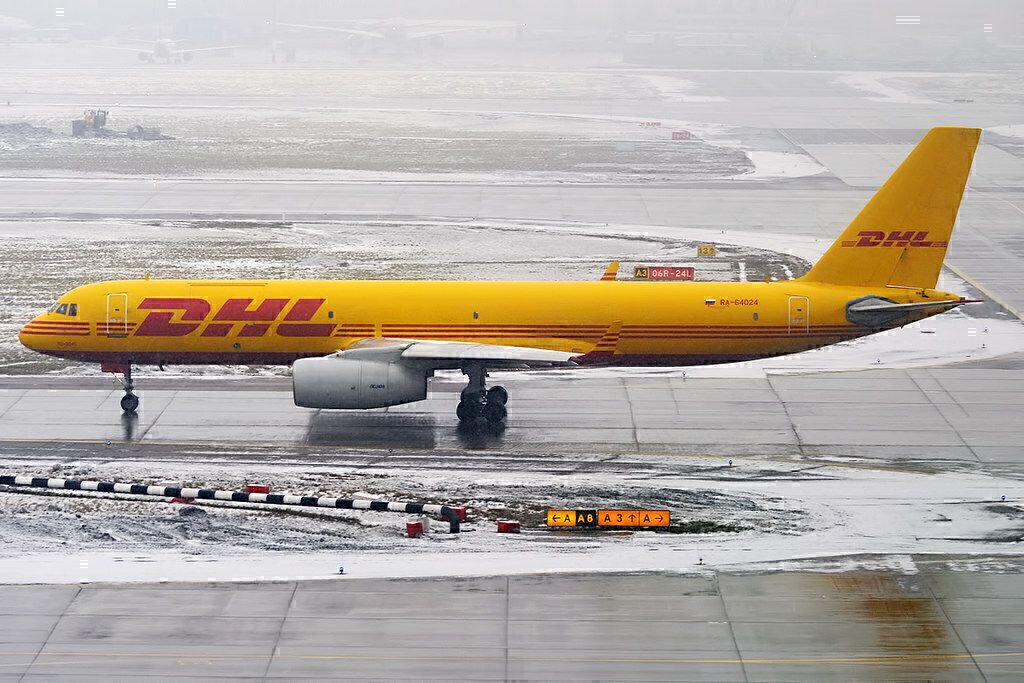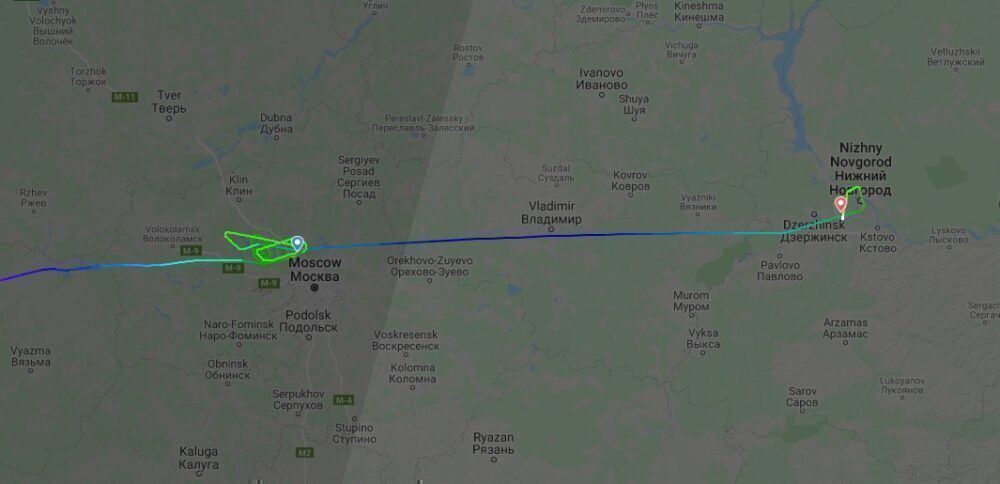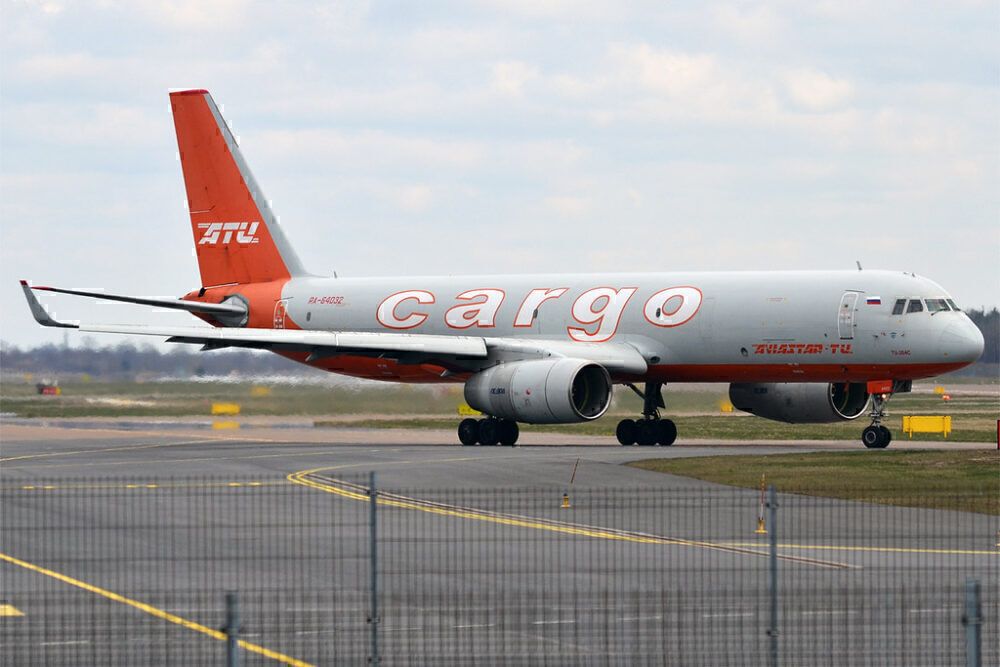The world of commercial aviation does not stop for Christmas Day. Neither do the operational incidents that come with it. Indeed, on December 25th this year, an autopilot failure forced an Aviastar Tupolev Tu-204 to make an unplanned diversion. But how exactly did the incident play out?
The flight in question
Aviastar-TU Airlines is a Moscow-based cargo charter airline, which operates some of its flights on behalf of DHL. One of these is flight 4B952, which it operates daily from Leipzig/Halle Airport (LEJ) to Moscow Sheremetyevo International Airport (SVO).
While Leipzig is Germany's 11th-busiest passenger airport, only Frankfurt International (FRA) outranks it in Germany in terms of cargo traffic. Data from FlightRadar24.com for the previous week suggests that the average flight time is just under two and a half hours.
Stay informed: Sign up for our daily aviation news digest.
Tough conditions
On December 25th, 4B952 departed the German state of Saxony's most populous city at 04:44 local time. The flight took off using Leipzig/Halle's runway 26L. It flew to the north-east over Poland, Lithuania, and Belarus, before entering Russian airspace near Smolensk. The flight had been uneventful for nearly its entire duration, before a problem arose during its descent.
According to The Aviation Herald, the aircraft was descending under challenging weather conditions. These consisted of snowfall and low visibility. During its descent towards Moscow, the three crew members onboard became aware of a failure in the aircraft's autopilot system.
Having been made aware of the autopilot failure, the crew elected to enter a holding pattern at 3,000 feet. In doing so, they were able to buy some time to troubleshoot the problem, and also to wait for better weather. The aircraft spent around 45 minutes in this holding pattern, before its crew ultimately decided to divert the flight.
The diversion took it to Nizhny Novgorod Strigino International Airport (GOJ), 215 NM (400 km) to the east of Moscow). Having climbed back up to an altitude of 25,000 feet, flight 4B952 eventually landed safely on Nizhny Novgorod's runway 18L at 10:42 local time.
All in all, around 100 minutes had elapsed since the autopilot failure on the initial descent into Moscow. After just under three hours on the ground, the aircraft departed for its originally intended destination at 13:38 local time. Touchdown in Moscow was just over an hour later, at 14:39.
The aircraft involved
The aircraft involved in this incident was a Tupolev Tu-204-100C, which bears the registration RA-64024. According to Planespotters.net, it is one of four Tu-204 aircraft operated by Aviastar. This type is broadly similar to the Boeing 757-200PF, of which Aviastar operates three examples.
RA-64024 is around 17 and a half years old, with Aviastar having taken delivery of it in 2003. Between February 2004 and July 2005, it was briefly re-registered as LY-AGT. FlightRadar24.com reports that the aircraft has since returned to service on the Moscow-Leipzig corridor. Aside from the aforementioned diversion, this is the only route that it has operated for the past week.
What do you make of this incident? Have you ever flown on Christmas Day? Let us know your thoughts and experiences in the comments.



